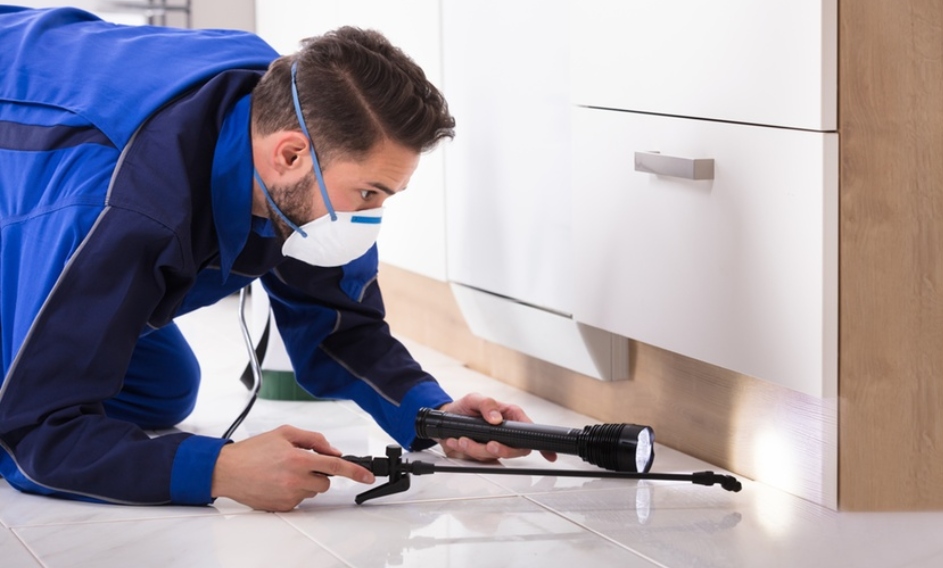Supporting heavy machinery isn’t just about stability—it’s about efficiency, longevity, and adaptability. Many industries rely on outdated steel structures, unaware of the benefits a better framing system can offer. Aluminum framing has become the go-to choice for businesses looking to improve machinery support while cutting costs and boosting performance.
The Importance of Using the Right Framing for Heavy Machinery Stability
Industrial machinery generates significant force, vibrations, and movement during operation. Without a solid framing system, that force transfers to the surrounding structure, leading to misalignment, wear, and even structural failures. Many manufacturers still depend on traditional steel supports, which, while strong, can add unnecessary weight and lack flexibility for evolving production needs.
Aluminum framing offers the same stability without excessive weight. It absorbs vibrations effectively, reducing the risk of operational disruptions and extending the longevity of heavy equipment. Unlike rigid steel structures, aluminum frameworks distribute weight more evenly, ensuring machines stay secure even under constant use. This increased stability minimizes downtime and costly repairs while keeping production moving smoothly.
How Aluminum Framing Reduces Stress on Equipment and Extends Lifespan
Every industrial machine experiences wear and tear over time, but poor support systems accelerate that process. When machinery rests on rigid, unyielding frames, stress builds at critical points, leading to faster degradation of components. Steel frameworks, in particular, create high-stress zones where equipment interfaces with support structures, often leading to fractures, loose fittings, or alignment issues.
Aluminum framing solves this problem with a more flexible yet durable design. The lightweight strength of aluminum absorbs mechanical stress and disperses it more efficiently, reducing strain on machine parts. This smoother interaction between machinery and its support structure leads to fewer breakdowns, lower maintenance costs, and a longer operational lifespan for expensive equipment. For industries looking to maximize productivity and minimize repair costs, switching to aluminum support systems is a logical move.
Signs That Your Machinery Support System Needs an Upgrade
Many industrial operations don’t realize their support systems are failing until it’s too late. Small structural weaknesses often go unnoticed, but they can lead to major issues if left unchecked. Some warning signs that indicate your current framing system isn’t doing its job include:
- Increased equipment vibrations leading to excessive noise and instability.
- Uneven wear on machinery components, causing frequent maintenance issues.
- Cracks or corrosion in steel supports, which weaken the overall structure.
- Limited adaptability when new equipment is introduced or layouts change.
If any of these problems sound familiar, it may be time to rethink your machinery’s framing system. Upgrading to aluminum framing can eliminate these issues, providing a more stable, resilient, and future-proof solution.
The Role of Lightweight Strength in High-Impact Industrial Environments
Industrial settings demand materials that are both strong and practical. Traditional thinking suggests that heavier is better, but when it comes to machinery support, that isn’t always the case. Heavy steel structures may provide strength, but they also introduce unnecessary stress to the foundation and surrounding equipment.
Aluminum framing combines strength with lightweight efficiency, making it ideal for high-impact environments. It supports heavy machinery without adding extra strain, ensuring the entire production line remains stable. Additionally, aluminum is naturally corrosion-resistant, making it a smart choice for factories, warehouses, and outdoor applications where exposure to moisture and chemicals is a concern. With aluminum, industries get all the strength they need without the downsides of excess weight or ongoing maintenance headaches.
Why Customizable Framing Matters for Evolving Production Needs
Industrial operations rarely stay the same for long. As technology advances and production lines expand, machinery setups must adapt to meet new demands. Fixed steel frames limit flexibility, making modifications difficult and expensive. This rigidity forces businesses to either work around inefficient layouts or invest in costly structural changes.
Aluminum framing offers unmatched customization. Modular designs allow for easy adjustments, expansions, and reconfigurations without the need for extensive downtime or heavy equipment. Whether upgrading machinery, integrating new automation systems, or adjusting layouts for improved workflow, aluminum support structures provide the flexibility needed to keep operations efficient. This adaptability ensures that businesses remain agile and ready for future growth.
The Hidden Cost Savings of Aluminum Over Traditional Steel Supports
At first glance, steel may seem like the more economical option, but long-term costs tell a different story. Steel support structures require regular maintenance to prevent rust, corrosion, and structural weakening. Additionally, their weight makes installation more complex and labor-intensive, increasing setup costs and downtime.
Aluminum framing, on the other hand, offers significant cost savings over time. Its corrosion resistance eliminates the need for costly treatments, and its lightweight nature simplifies installation, reducing labor expenses. Additionally, aluminum’s durability means fewer repairs and replacements, leading to lower overall maintenance costs. For companies looking to optimize both performance and budget, aluminum support systems provide a long-term financial advantage over traditional steel.






Leave a Reply